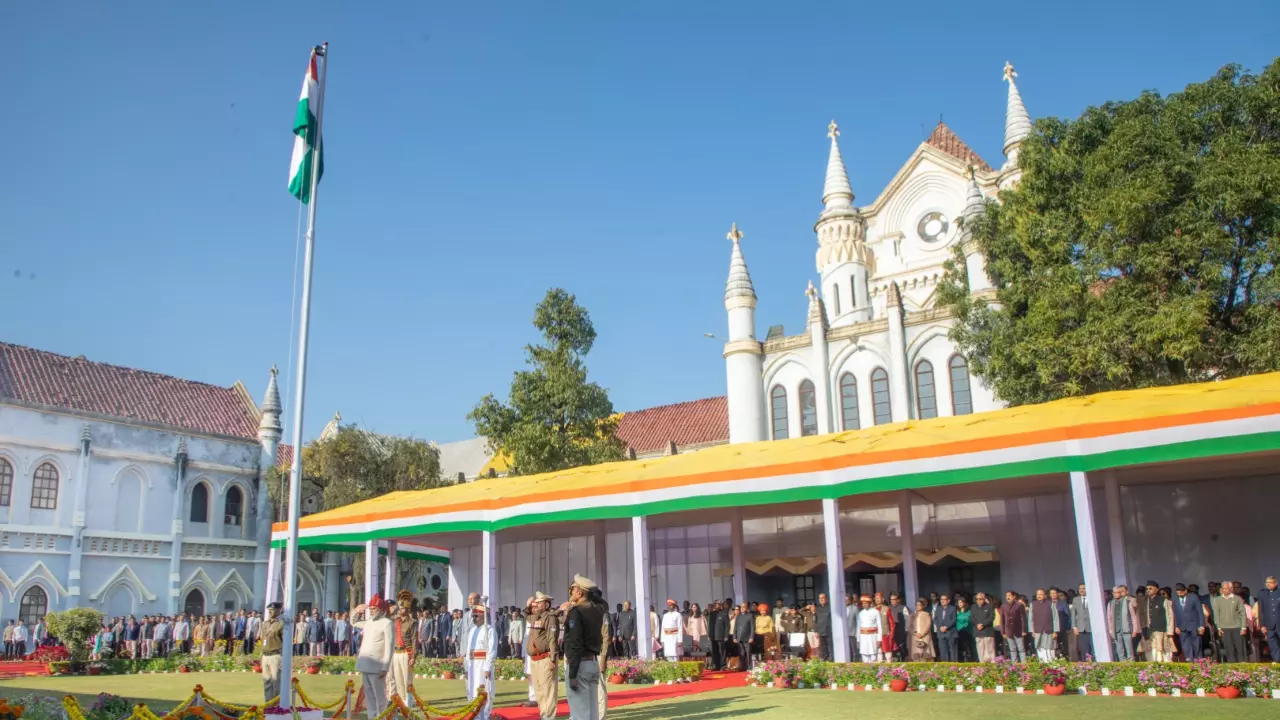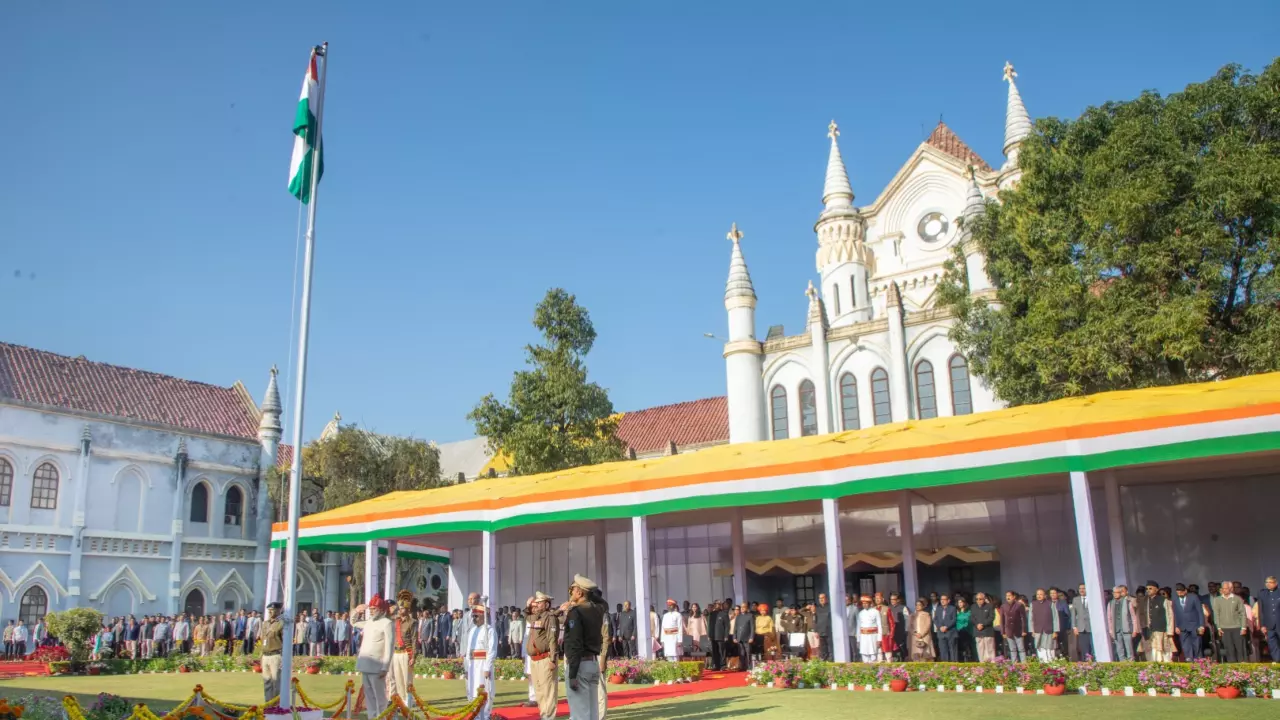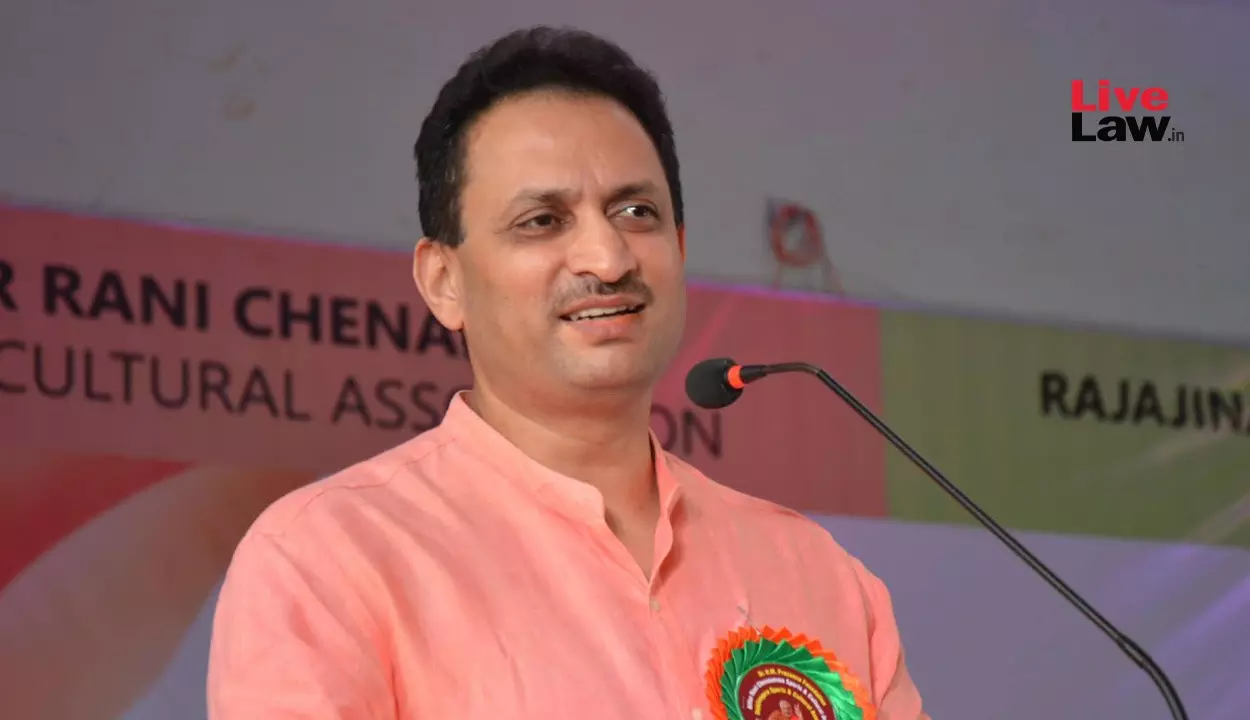Madhya Pradesh HC Dismisses Plea Seeking Guidelines To Curb Allegedly Misleading News Reports Targeting Muslims


The Madhya Pradesh High Court last week refused to entertain a writ petition seeking preventive and prohibitory action against allegedly misleading news reports and publications targeting the Muslim community and Islam.
Dealing with a writ plea filed by one Maruf Ahmad Khan, a bench of Justice Vishal Mishra said that the reliefs sought were in the nature of a Public Interest Litigation (PIL), and therefore, the same were not maintainable in the plea seeking mandamus.
Khan had essentially prayed for a series of directions, including registration of a criminal case against the editor of two Hindi newspapers for allegedly misusing terms like ‘Love Jihad’ to hurt the religious sentiments of Muslims and spread communal hatred.
The petitioner also prayed for strict guidelines to curb misleading and false information being circulated in print and electronic media against Muslims and Islam.
At the outset, the counsel for the State raised an objection regarding the maintainability of the writ petition. It was contended that the petitioner lacked the locus standi to seek such relief.
In response, the petitioner submitted that he was a member of the Muslim community and his religious sentiments, along with those of others, were being exploited due to alleged offensive newspaper publications.
It was the submission of his counsel that he had lodged a complaint in the police station, but no action had been taken on his representation.
The bench, however, refused to entertain the petition, as it noted that the nature of the relief sought, coupled with the averments made in the complaint, made it clear that the petition is in the nature of a Public Interest Litigation for which mandamus cannot be issued.
Furthermore, the Court added that if no action was taken on the complaint made by the petitioner, then the petitioner has a remedy to approach the higher authorities or file a complaint before the concerned Magistrate for redressal of his grievances.
“The petitioner being a complainant is having an alternative and efficacious remedy of approaching the concerning Magistrate by filing an application under Section 156(3) of Cr.P.C./Section 175 of BNSS or by filing a private complaint under Section 200 of Cr.P.C./Section 223 of BNSS,” the Bench noted.
With these observations, the petition was dismissed.





